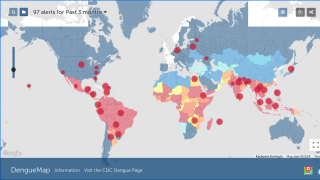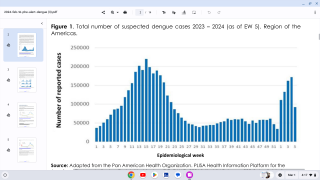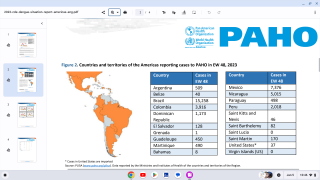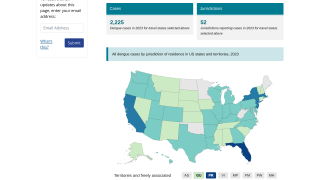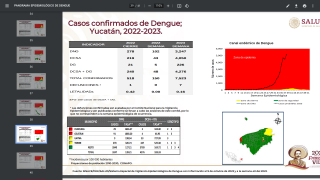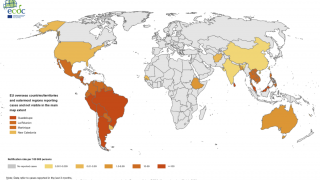Dipstick Diagnosis for Zika and Dengue Detection
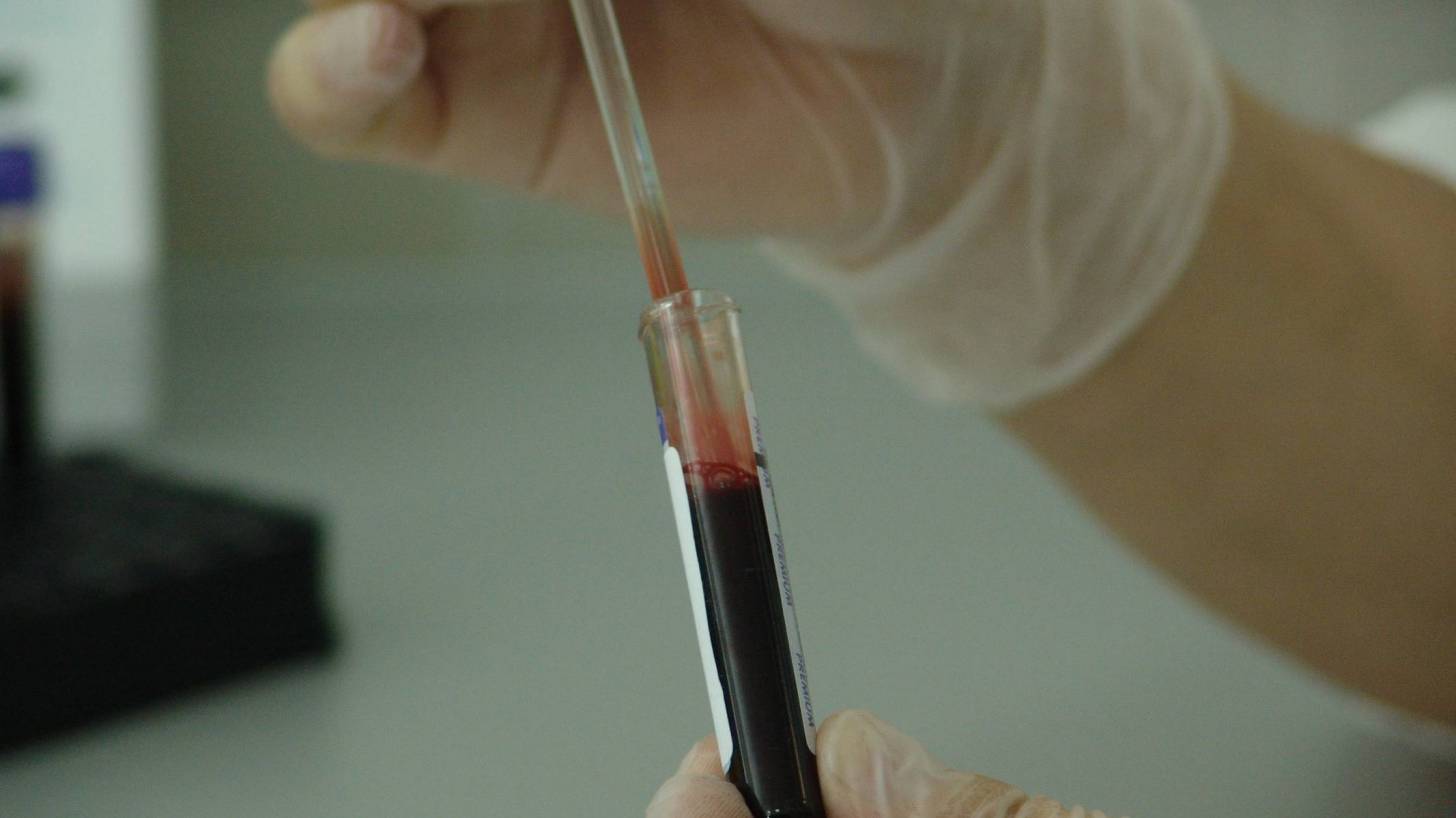
Everyone knows how mosquitos can wreck a summer picnic. But in some areas, these pesky intruders carry a variety of infectious diseases, such as dengue and Zika.
Without preventative vaccines or targeted therapies, doctors are confronted with diagnosing which virus has caused an infection. This analysis is difficult because of cross-reactivity in diagnostic tests.
Researchers believe they have developed monoclonal antibodies to detect viral nonstructural 1 (NS1) protein antigens specific to dengue and Zika viruses.
By incorporating the antibodies into an immunochromatography format produced a rapid diagnostic assay, that produces a visual readout in the presence of NS1.
This new assay can identify the four dengue serotypes and Zika viral infections without cross-reaction. This test works best when analyzing serum, a component of blood that can be easily separated.
This Zika test accurately identified infections in 81 percent of positive samples and incorrectly identified an infection in negative samples 14 percent of the time.
This blood test, which was published in the journal Science Translational Medicine, is designed to eventually be purchased for less than $1.
“All you do is mix the serum with a solution and you dunk a paper strip into it,” said Kimberly Hamad-Schifferli, an engineer at the University of Massachusetts, who led this research.
Each paper strip is designed to identify just one virus, so it would require five different versions to identify exactly which virus was causing a specific infection.
The researchers said they intend to aggregate all five tests into one strip. Additionally, these researchers plan to apply the platform they used to build the Zika and dengue test to come up with diagnostic tests for other viruses.
During July 2017, the Centers for Disease Control and Prevention (CDC) updated its recommendations for pregnant women with Zika symptoms and pregnant women without symptoms.
The change focuses on one of the most frequently used Zika tests which detects immunoglobulin B (IgM) antibodies and is more likely to yield a false positive test result.
Recent studies reported that Zika IgM antibodies might be detected for months after infection, limiting the ability to tell if the infection occurred before or during pregnancy.
There were numerous researchers who participated in this study. No conflicts were disclosed.
Our Trust Standards: Medical Advisory Committee
- Detection of Dengue Virus Nonstructural Protein 1 (NS1) by Using ELISA as a Useful Laboratory Diagnostic Method for Dengue Virus
- Rapid antigen tests for dengue virus serotypes and Zika virus in patient serum
- Zika Virus: Updates to Clinical Guidance and Recommendations for Pregnant Women and Infants
- Update: Interim Guidance for Health Care Providers Caring for Pregnant Women with Possible Zika Virus Exposure — United States (




